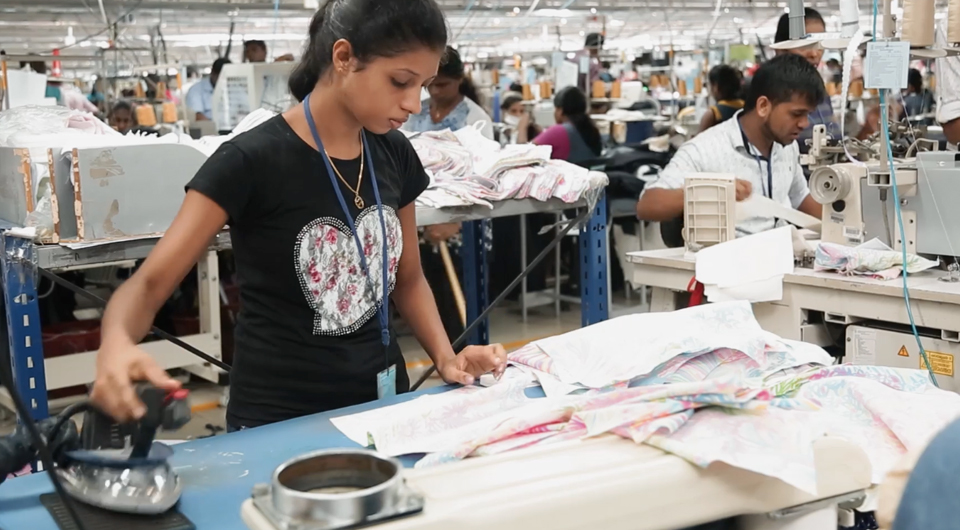Garment manufacturers who focus on improving gender equality at their facility can increase all workers’ well-being, improve business performance, and become more competitive.
That’s the bold, but very real, opportunity for suppliers and brands alike that is presented in the report “Improving Business Performance through Gender Equality,” recently released by the Levi Strauss Foundation. In partnership with Harvard University’s Sustainability and Health Initiative for Net Positive Enterprise (SHINE), the Foundation is also working to measure the results of these efforts with vendors across the company’s supply chain in order to build the case for change.
“On average, women make up 80 percent of apparel workers globally, and their basic human needs — safety, respect, fairness and growth — frequently go unmet” explained Annie S. O’Connor, a gender expert and one of the co-authors of the report. The good news is that improving working conditions and opportunities for women — and simultaneously for all workers — is an investment, not a cost. Chip Bergh, president & CEO of Levi Strauss & Co., citing a report from Business for Social Responsibility, says that “With Worker Well-being, we’ve discovered that we can deliver a strong return on investment for factory owners. For every dollar they invest – to make sure workers are happy, healthy and engaged – they get three or four dollars in return.”
The new report from the Levi Strauss Foundation provides 10 promising strategies across five focus areas to realize this opportunity. Some of the most promising strategies are classified as “essential,” and can be taken almost off-the-shelf to propel strategic planning and implementation. Drawing on real experiences in factories, the report decodes the complexity that has historically surrounded gender equality efforts.
“We were blown away by some of the success stories that surfaced in our research,” said Tamar Koosed, one of the co-authors of the report. “For example, one manufacturer in Bangladesh joined an initiative to increase breastfeeding rates. They set up lactation rooms, offered workers support and provided nutrition counseling. Absenteeism and turnover rates among working mothers dropped by a staggering 50 percent.”
In celebration of International Women’s Day today, and to honor our commitment to open source our Worker Well-being program, Levi Strauss & Co. is sharing this report with the broader community of brands, NGOs, and manufacturers who are increasingly recognizing that gender equality is material to business performance.
“As part of Worker Well-Being, LS&Co. is committed to improving gender equality. We realize it’s a key driver for improving the well-being of the people – mostly women – who make our products,” said Kim Almeida, who leads Worker Well-being at the Levi Strauss Foundation. “The report is primarily intended to be a resource for factory owners and operators. We want readers to discover new approaches to address vulnerabilities in their business operations by investing in gender equality.”
While the report makes clear the opportunity to improve business performance through gender equality, it also acknowledges that success will not be achieved overnight. The report encourages manufacturers to bolster their efforts by actively engaging brands, workers and community organizations throughout the investment cycle.
“Ultimately, LS&Co. wants all manufacturers in the apparel sector (and beyond) to join us in an ongoing journey to create workplaces that are driven by principles of trust, respect, and fairness,” Kim said.







